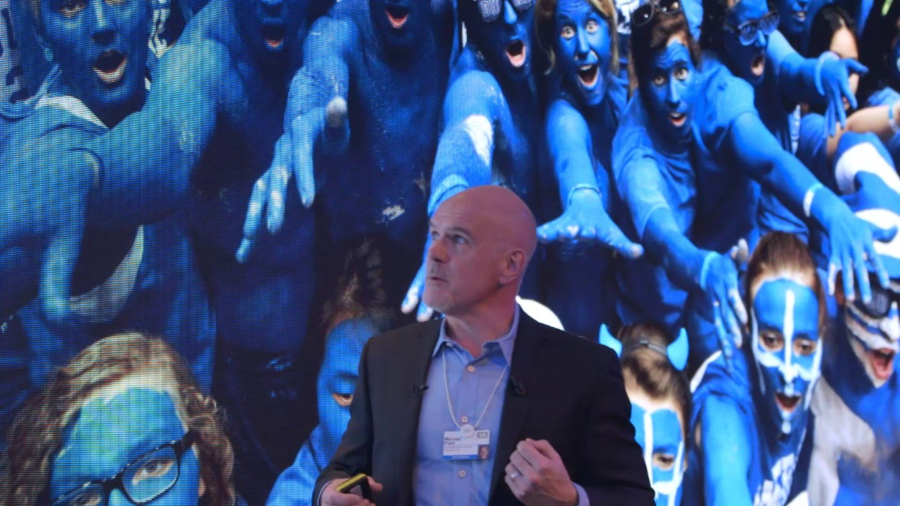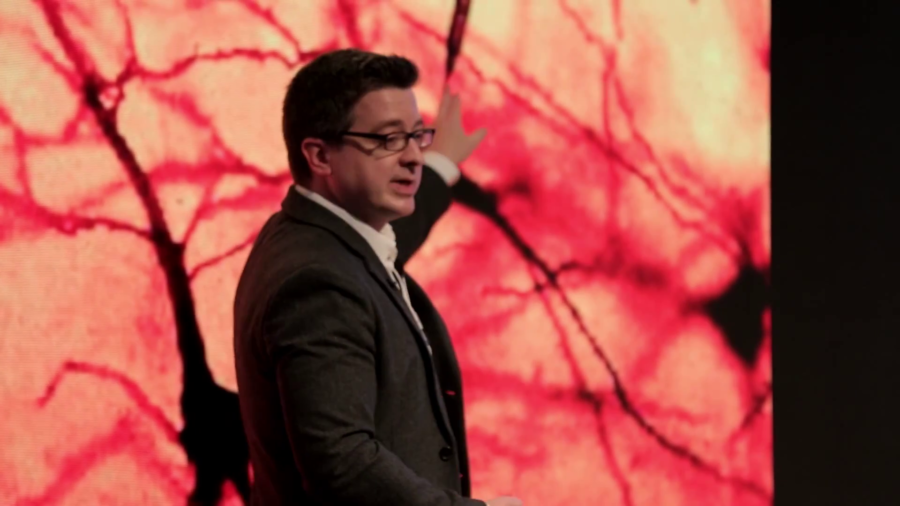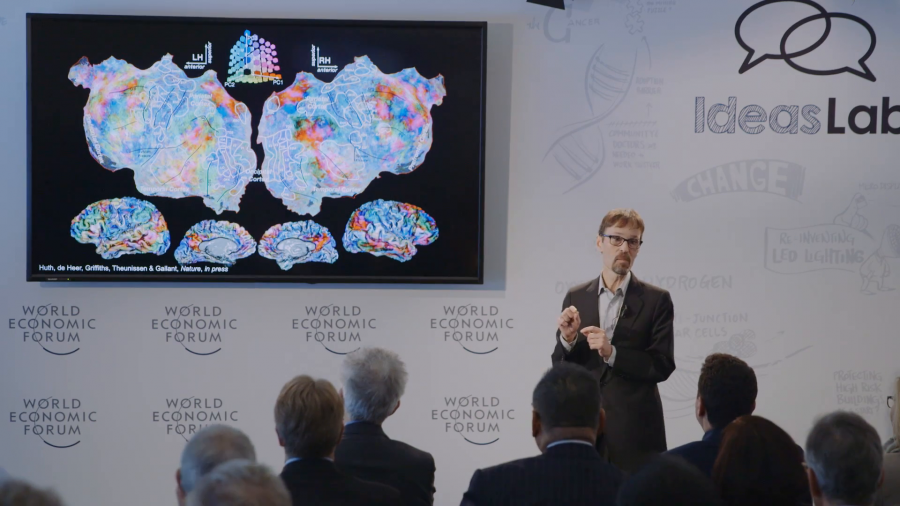We as a society have to decide whether or not the ability to access and change our brains is something that we want, that we’re going to embrace, or something that we’re going to put limits on.
Archive

It’s wonderful to be here in Davos sharing our commitment to improving the state of the world. And the recipe is really I think quite simple. All you’ve got to do is grow the economy, increase participation in that economy, within a rapidly-changing world, with increasing automation and technology, on a planet that’s straining to meet our resource needs. Piece of cake, right?

The goal of MICrONS is threefold. One is they asked us to go and measure the activity in a living brain while an animal actually learns to do something, and watch how that activity changes. Two, to take that brain out and map exhaustively the “wiring diagram” of every neuron connecting to every other neuron in that animal’s brain in the particular region. And then third, to use those two pieces of information to build better machine learning. So let it never be said that IARPA is unambitious.

The thing that makes us unique is our complexity. But not complexity in some generic sense. Nature is rife with complexity. What makes us special is the complexity of our brains.



